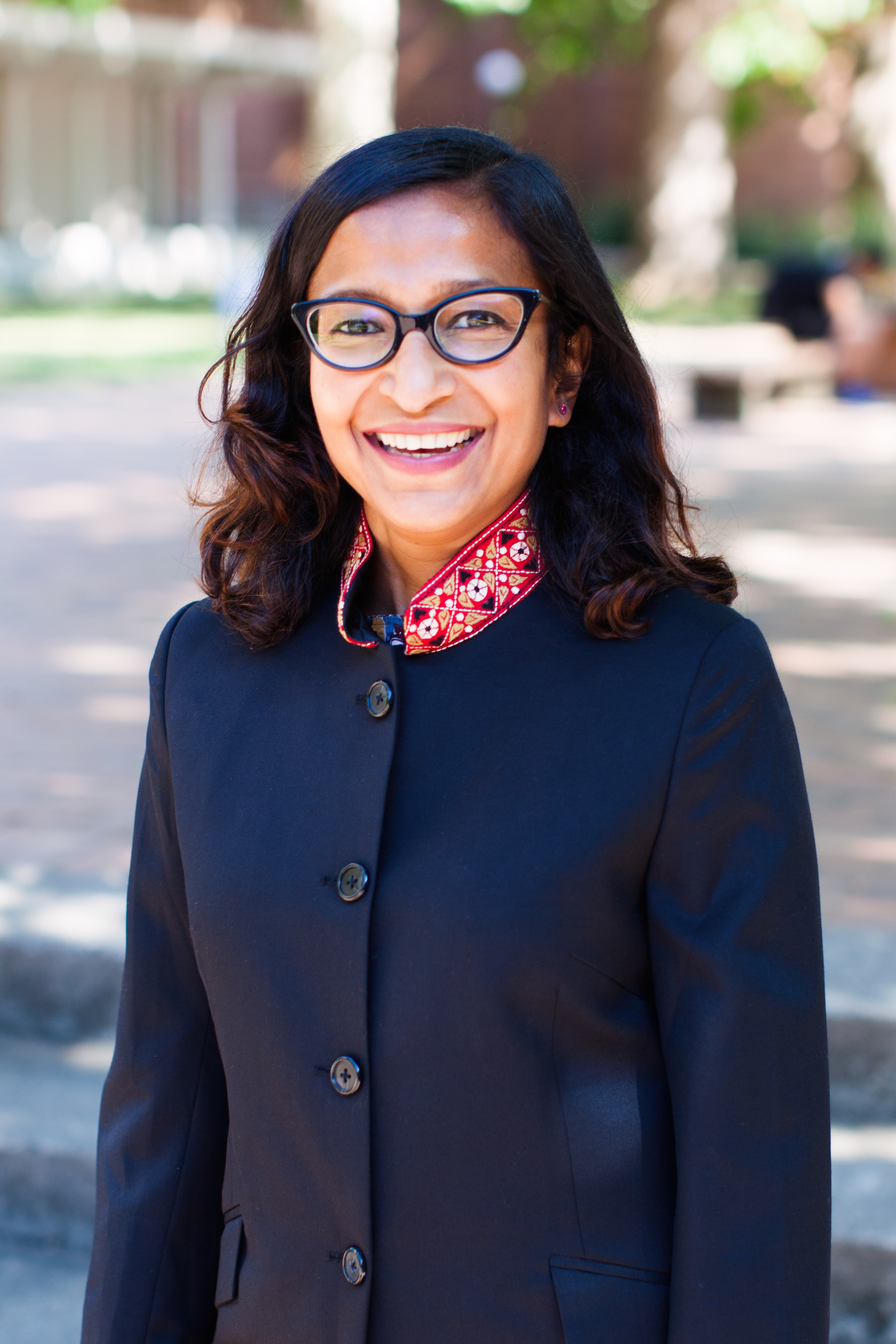
Professor Bidisha Biswas
Bidisha Biswas is Professor of Political Science at Western Washington University, USA. Her current research interests lie in Global South initiatives to address protracted displacement situations and other human rights challenges. She has also conducted extensive research on diaspora politics in the USA.
Current affiliation
- Western Washington University, WA, USA
Hosting institute
Contact
- Email: …
Key expertise
- Refugee governance
Profile according to FFVT taxonomy
Fields of research
- Governance Research
- Human Rights Research
- Migration Research
- Peace And Conflict Studies
Scientific topics
- Causes Of Displacement
- Humanitarianism
- Identity
- Infrastructure Of Flight / Forced Migration
- International Protection
- National Refugee And Asylum Policies
Disciplines
- Political Sciences
Professional Career
PhD, Government and Politics, University of Maryland, College Park, USA
Relevant publications
- Biswas, B.. "You Can’t Go to War Over Refugees": The Bangladesh War of 1971 and the International Refugee Regime. 2023. Refugee Survey Quarterly.
- Biswas, B.. (Re)imagining the Idea of India: Contestations about Hindutva among the Indian American Diaspora. 2023. Nations and Nationalism.
- Biswas, B.. The Refugee Always Remembers. 2023. FFVT blog.
- Biswas, B., Bhattacharya, S.. International Norms of Asylum and Burden-Sharing: A Case Study of Bangladesh and the Rohingya Refugee Population . 2021. Journal of Refugee Studies.
Research profile
Q1. Who are you?
My name is Bidisha Biswas, and I am a Professor of Political Science at Western Washington University. My research interests include refugee governance norms and mechanisms in the Global South (with a particular focus on countries in South Asia) as well as Global South representations on human rights issues.
Q2. What was your motivation for applying for the FFVT fellowship? Why Germany?
In 2021-2022, I was a research fellow at Käte Hamburger Kolleg / Centre for Global Cooperation Research (KHK/GCR21), at the University of Duisburg-Essen. It was a fantatsic experience, and I gained a lot of appreciation for the intellecutal capital that is being harnessed in Germany. It was while I was there that I came to know of the FFVT fellowship. I was intrigued by the collavorative spirit of this fellowship; and I applied in the hope that I would be able to build on the networks and ideas that I was exposed to at KHK/GCR21. I was excited to be selected for FFVT fellowship; and I am delighted to be back in Germany to continue my research within a vibrant and engaged community of scholars.
Q3. What do you expect from the fellowship?
I expect to build connections with scholars from diverse backgrounds and viewpoints. My current research interests focus on the historical and contemporary ways in which post-colonial countries challenge dominant understandings of displacement and responses to displacement, as well as other norms of citizenship and human rights. I hope that the scholars I meet will help me push the boundaries of my own knowledge, perspectives, and even biases.
Q4. What is the focus of your work, and what is innovative about it? / What are your planned outcomes and activities for the fellowship period? And how do they relate to your FFVT hosting institution/ the FFVT cooperation project?
MyThe focus of my work is the ways in which non-Western countries—and, in particular, states with a historical experience of being colonized- both shape and are shaped by norms and practices of refugee governance. I think this project adds to our body of knowledge, and to the FFVT cooperation project, because it sheds light on countries that have historically hosted a large number of displaced populations (for example, Bangladesh and, in the past, India) but who have not been the centre of focus in dominant discussion of the global refugee regime. I believe that such countries, whether they are in South Asia or elsewhere, have meaningful things to say about how refugee flows are managed-- or mismanaged, as the case may be. We just need to be willing to critically engage with, learn from, their discourses and experiences.
During my short time at BICC, I hope to have discussions with other researchers in the FFVT network about the ways in which our work might intersect. I will also be traveling to Geneva to the archives of the UN Refugee Agency (UNHCR). I love archival work! Some days, I think I am a historian disguised as a political scientist.
I also plan to carve out time for some writing—and, at this stage in my career, I am very interested in seeking out collaborative publishing pathways.